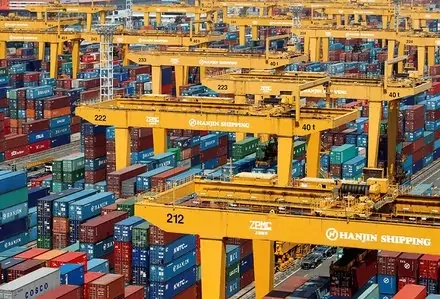- RealEcon
- Israel-Hamas
-
Topics
FeaturedIntroduction Over the last several decades, governments have collectively pledged to slow global warming. But despite intensified diplomacy, the world is already facing the consequences of climate…
-
Regions
FeaturedIntroduction Throughout its decades of independence, Myanmar has struggled with military rule, civil war, poor governance, and widespread poverty. A military coup in February 2021 dashed hopes for…
Backgrounder by Lindsay Maizland January 31, 2022
-
Explainers
FeaturedDuring the 2020 presidential campaign, Joe Biden promised that his administration would make a “historic effort” to reduce long-running racial inequities in health. Tobacco use—the leading cause of p…
Interactive by Olivia Angelino, Thomas J. Bollyky, Elle Ruggiero and Isabella Turilli February 1, 2023 Global Health Program
-
Research & Analysis
FeaturedA clear-headed vision for the United States' role in the Middle East that highlights the changing nature of U.S. national interests and the challenges of grand strategizing at a time of profound change in the international order.
Book by Steven A. Cook June 3, 2024
-
Communities
Featured
Webinar with Carolyn Kissane and Irina A. Faskianos April 12, 2023
-
Events
FeaturedJohn Kerry discusses his work as U.S. special presidential envoy for climate, the challenges the United States faces, and the Biden administration’s priorities as it continues to address climate chan…
Virtual Event with John F. Kerry and Michael Froman March 1, 2024
- Related Sites
- More
April 7, 2021
ChinaIn an era of intensifying U.S.-China friction and volatility, the risks of conflict are real and growing in East Asia, and U.S. policymakers should revitalize existing tools and build new ones to manage an increasingly militarized competition.

December 2, 2016
Financial MarketsSteven A. Tananbaum Senior Fellow for International Economics Robert Kahn writes that financial markets rallied following the U.S. election, on hopes that President-Elect Donald J. Trump’s fiscal stimulus and deregulation initiatives would spur corporate profits and growth. Perhaps so, but a strong case could be made for the opposite: that Trump’s economic agenda will prove disruptive to trade and growth, face growing headwinds in Congress, and exert a contractionary impact on the U.S. economy.
May 17, 2021
U.S. Foreign PolicyMajor power rivalry on the African continent cannot be ignored, but it should not dominate U.S.-Africa relations. The United States should pursue close, strategic partnerships with African states.

February 26, 2020
South KoreaUncertainty in the U.S.-South Korea economic partnership could hinder security cooperation if left unchecked. The countries should explore collaboration in AI technologies, policy coordination in the Indo-Pacific, & economic cooperation with North Korea.

February 13, 2017
TurkeyOverview Since spring 2015, Turkey has suffered a wave of high-profile terror attacks linked to the self-proclaimed Islamic State and the Kurdistan Workers' Party (PKK). In response, Turkey deploy…

 Online Store
Online Store
